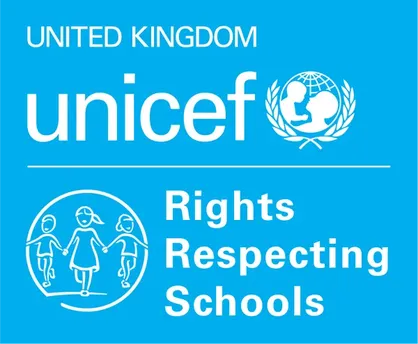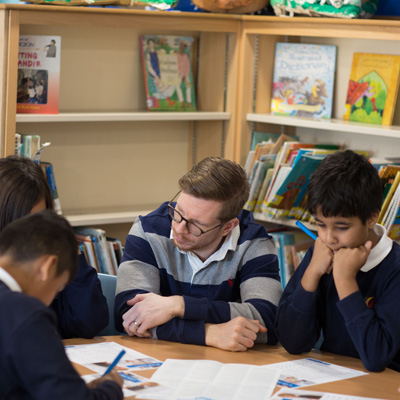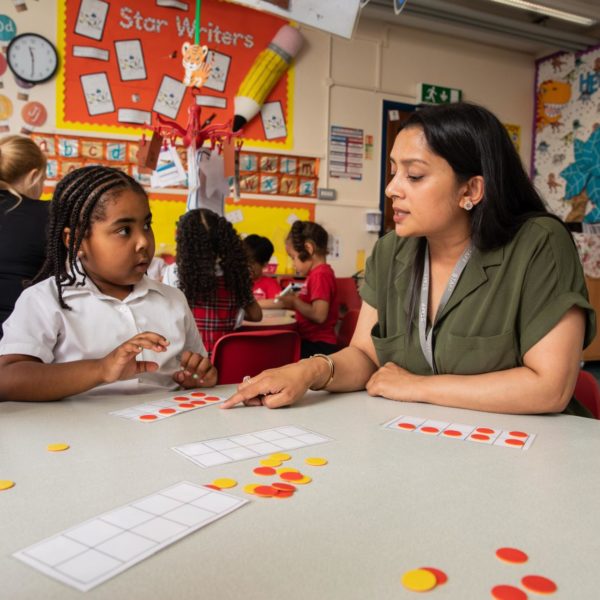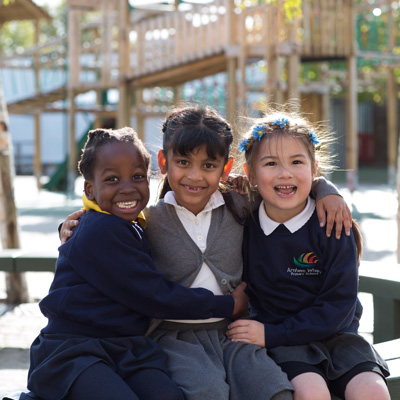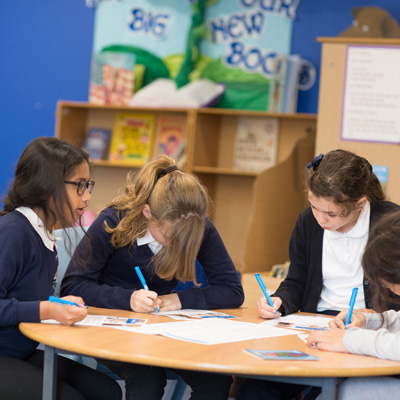At this special school, rights create a feeling amongst students of knowing you are cared for.
Stephanie Plunkett, Key Stage 4 coordinator and RRSA Lead, explains what safeguarding and rights looks like at this all through school for children and young people with moderate to severe learning needs.
Incorporating rights principles and articles
For our pupils, the concepts of dignity, non-discrimination and best interests of the child are so important. RRSA gives us a framework to talk more about these ideas through our lessons, assemblies, projects and of course whole school charters. The Leadership Team are inspirational and the value they put on the RRSA programme really drives forward its success. Significant time and effort has been put into comprehensive professional development linked to rights, for all staff.
A highlight of our week in Longstone is always our Rights Respecting Assemblies. This is a really useful way to raise the profile and increase the awareness of our Preventative Curriculum which encompasses both the formal and informal aspects of safeguarding in our school. Staff lead assemblies in areas where they have expertise, often involving pupils in the presentations. Assemblies can be serious, fun, exciting or quirky depending on the topic and the person leading it, but they are always memorable and created with children’s rights in mind. Often our Rights Respecting Assemblies are based around Article 19 and the right to be safe. For example, in our school we have a Feeling Safe Box that pupils can use to disclose any worries or concerns they have to our Pastoral Care Vice Principal, and this is often referred to during assemblies.
A nurturing and empowering approach
The impact of RRSA can’t always be measured. It is a feeling within the school of pupils knowing they are cared for; they trust that adults will act on any concerns or worries that they have. It is the parents and guardians who speak highly of the nurturing, knowledgeable and understanding approach of the staff, and it’s the pupils themselves who are empowered to make safe choices that are respectful and considerate of others, both inside and outside of school.
An example of a project that empowered our pupils was the 20 Week Champions Programme that our School Council participated in. Linking in with Article 24 the Right to Good Health, our Council Representatives promoted positive emotional well-being across our school community by planning and running a social action project. Our pupils made a 5 ways to well-being video which was shown in a whole school assembly and published on our school website.
The pupils also designed ‘What’s Strong with You’ posters that identified safeguarding staff and displayed these around the school. School Council representatives completed leadership training and took an active role in the development of the project, they themselves reported an increase in self-confidence from knowing they made a real difference to school life and other pupils benefitted from the knowledge they shared in the video and the awareness they raised of safeguarding procedures in our school.
School context: Longstone is a co-educational Controlled School in Northern Ireland catering for 230 pupils with a wide range of Special Educational needs from Nursery age to Key Stage Four. Our school is growing, we have added a new site on in March 2024 where two of our Nursery classes now operate.
